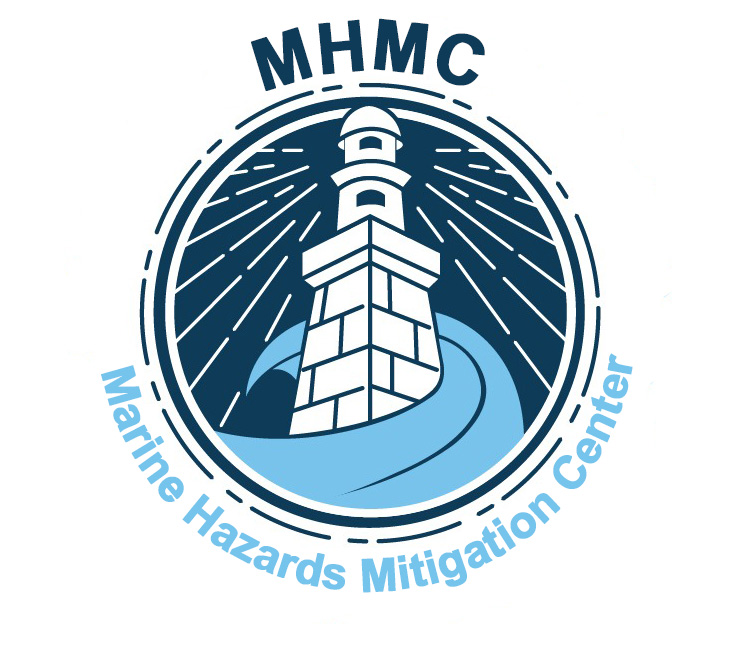Marine Biodiversity Department (MBD)
Vision:
Our vision is of a the Egyptian Coast where the richness and diversity of marine life flourish in healthy, resilient ecosystems, where oceans are teeming with life from the depths to the shallows, and where human activities harmonize with nature to sustainably support both present and future generations. Our department is committed to leading the way in understanding, conserving, and restoring marine biodiversity through science, stewardship, and collaboration. By working together with stakeholders, communities, and governments, we aim to ensure that marine ecosystems thrive, providing essential ecological services, economic opportunities, and cultural values for all.”
A Marine Biodiversity department might focus on several key areas:
- Conservation and Protection: Establishing and managing marine protected areas (MPAs), implementing species-specific conservation measures, and safeguarding critical habitats to preserve biodiversity hotspots and vulnerable species.
- Sustainable Fisheries Management: Promoting sustainable fishing practices, reducing bycatch and discards, and implementing ecosystem-based approaches to fisheries management that prioritize conservation and maintain healthy fish stocks while supporting the livelihoods of fishers and coastal communities.
- Habitat Restoration and Enhancement: Undertaking restoration projects to rehabilitate degraded habitats such as coral reefs, mangroves, and seagrass beds, and enhancing ecosystem resilience through measures such as artificial reef deployment and habitat creation.
- Research and Monitoring: Conducting scientific research to enhance understanding of marine ecosystems, monitor biodiversity trends, and assess the impacts of human activities, climate change, and other stressors on marine life.
- Education and Engagement: Engaging with the public, stakeholders, and decision-makers to raise awareness about the importance of marine biodiversity, promote sustainable behaviors, and foster stewardship of marine resources.
- International Cooperation: Collaborating with other countries, international organizations, and stakeholders to address transboundary threats to marine biodiversity, share best practices, and promote global initiatives for marine conservation and sustainable use.



